Workshop Research-led Performance| Composer – Instrument – Performer | Violoncello Solo in the Second Half of the 20th Century
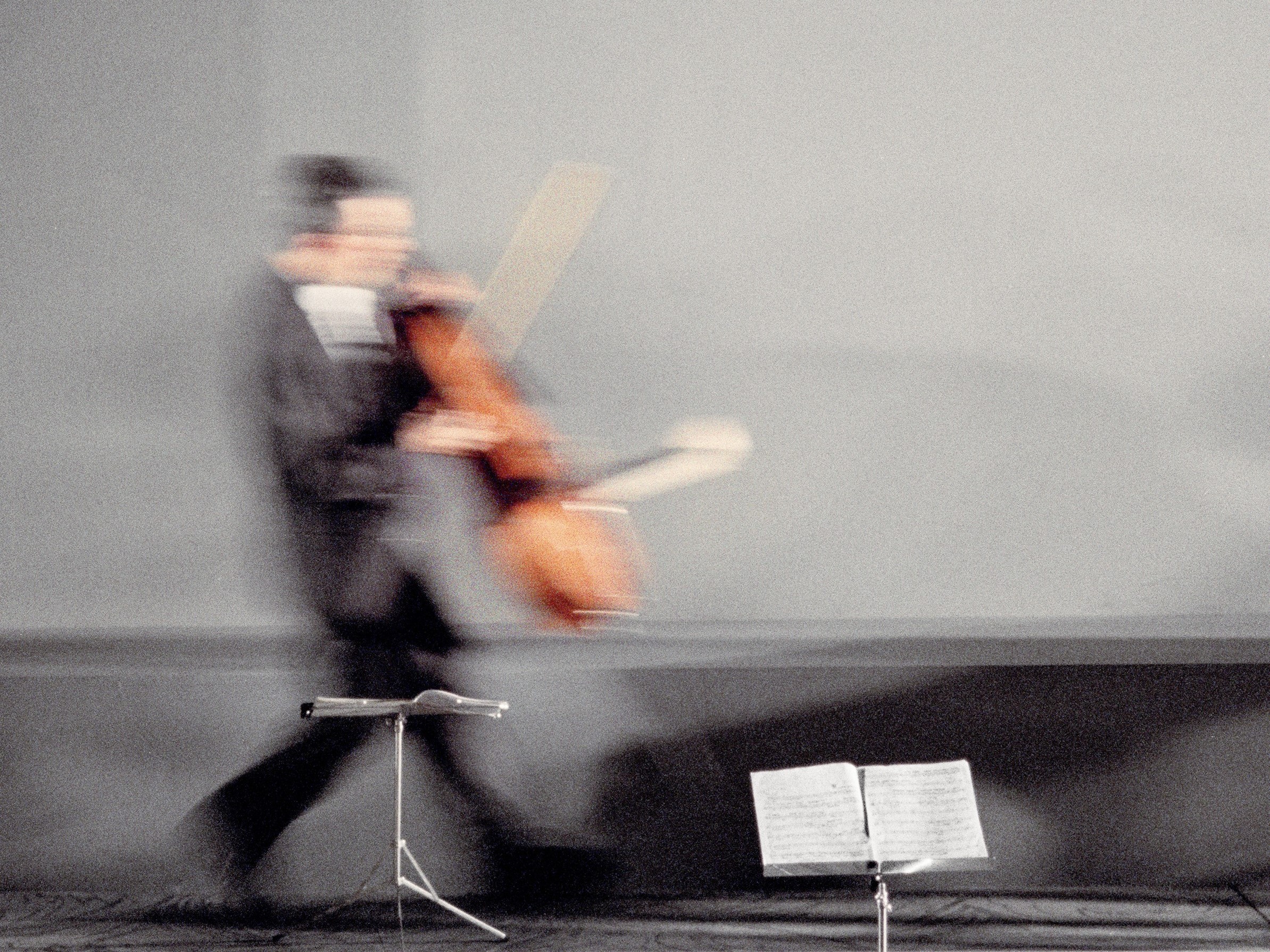

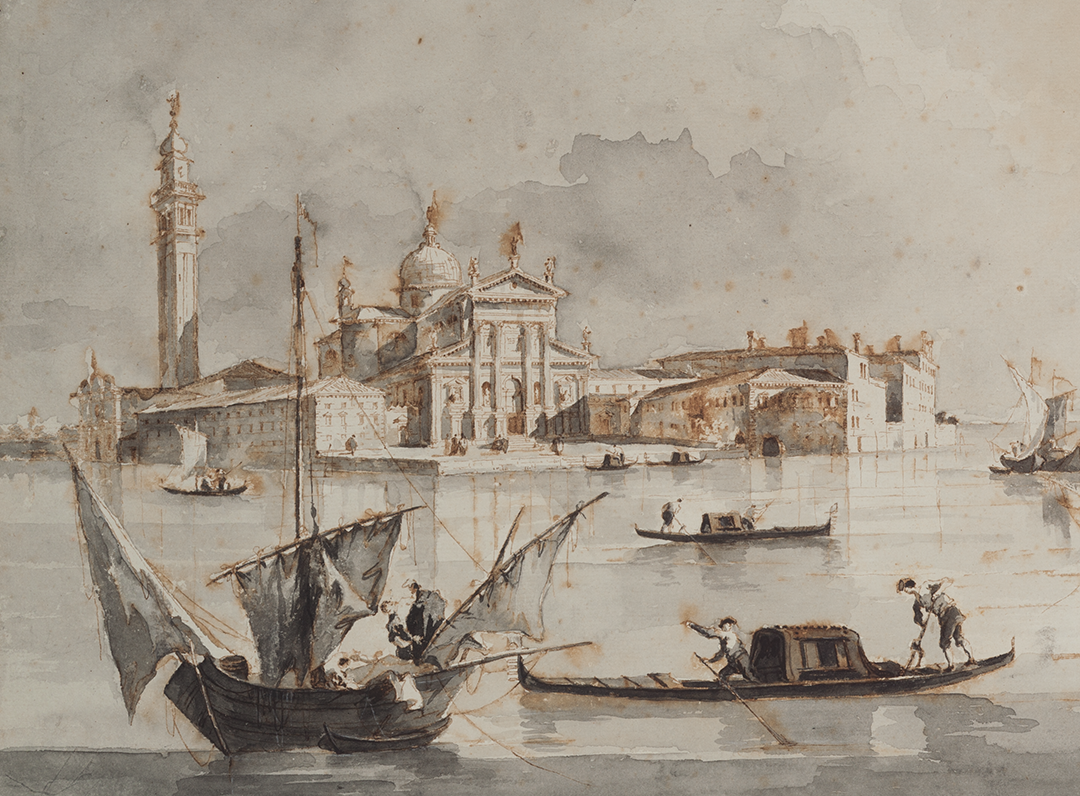
The Italian Antonio Vivaldi Institute proposes a series of seminars aimed at instrumentalists, singers, conductors and musicologists who wish to study the performance practices of Vivaldi’s music in depth. The encounters focus on the study of his original manuscripts and the many performance indications contained therein.
PROGRAM
5 February: 2.30 pm-5.30 pm
6 February: 9.30 a.m.-12.30 p.m. and 2-5 p.m.
7 February: 10 a.m.-1 p.m.
On Tuesday 6 February, at 6 pm at the Fondazione Ugo e Olga Levi, Federico Maria Sardelli’s book Vivaldi secondo Vivaldi – Dentro i suoi manoscritti will be presented.
Participation in the Seminar is free of charge, subject to registration by 31 January 2024.
Participants will be given the opportunity to stay, at a reduced price, on the Island of San Giorgio Maggiore, at the Residence of the Vittore Branca International Centre for the Study of Italian Civilisation. Request to be sent to segreteria.vivaldi@cini.it no later than 31 January.
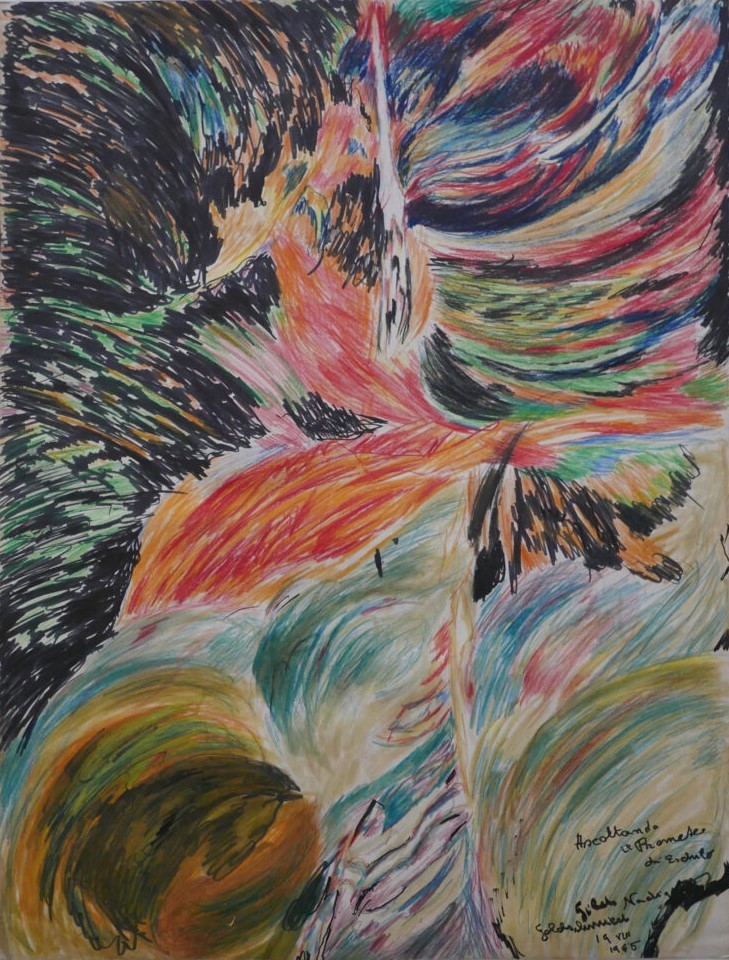
With this event, the Institute for Music participates in the celebrations of the centenary of Luigi Nono’s birth and renews its collaboration with the Fondazione Archivio Luigi Nono. The two days are in direct concurrence with the performance of one of the composer’s greatest creations: Prometeo. Tragedia dell’ascolto.
The conference part is dedicated to recent musicological studies on this work. Esteban Buch, Pauline Driesen, Jörn Peter Hickel, Jonathan Impett, Matteo Nanni, and Veniero Rizzardi will discuss the following aspects: the myth of Prometheus in 20th century culture and music, the choice and setting to music of the texts, the planning of the acoustic space, the role of live electronics, the stages of the compositional process, and the philosophical foundations of the work. In the central session, Marco Angius, Roberto Fabbriciani, Giancarlo Schiaffini and Alvise Vidolin will examine performance issues: the placement of instrumental and vocal groups in the space of San Lorenzo the church, the management of live electronics equipment, the correct rendering of soloist and choir parts, the overall sound balance. Joseph Auner and Michela Garda will participate as discussants.
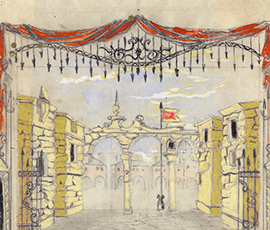
As part of the activities promoted by the National Committee for the celebrations of the centenary of Mischa Scandella’s birth, of which the Institute of Theatre and Opera is the promoting body, a study day on the Venetian artist and Italian set design in the second half of the twentieth century is planned. The meeting will provide an opportunity to conclude the work of the National Committee and to introduce the public to both the Venetian set designer’s theatre and the activities promoted during the
Committee’s three-year existence. At the end of the work, the Scandella Prize will be awarded, for the second year running, to students at the Fine Arts Academies for the best set design projects inspired by the work of the Venetian master.
The scenographer Pier Luigi Pizzi, the scholar Cristina Grazioli and the members of the Scandella National Committee – Maria Ida Biggi, Nicola Bruschi, Lorenzo Cutuli and Marianna Zannoni – will be present at the event.
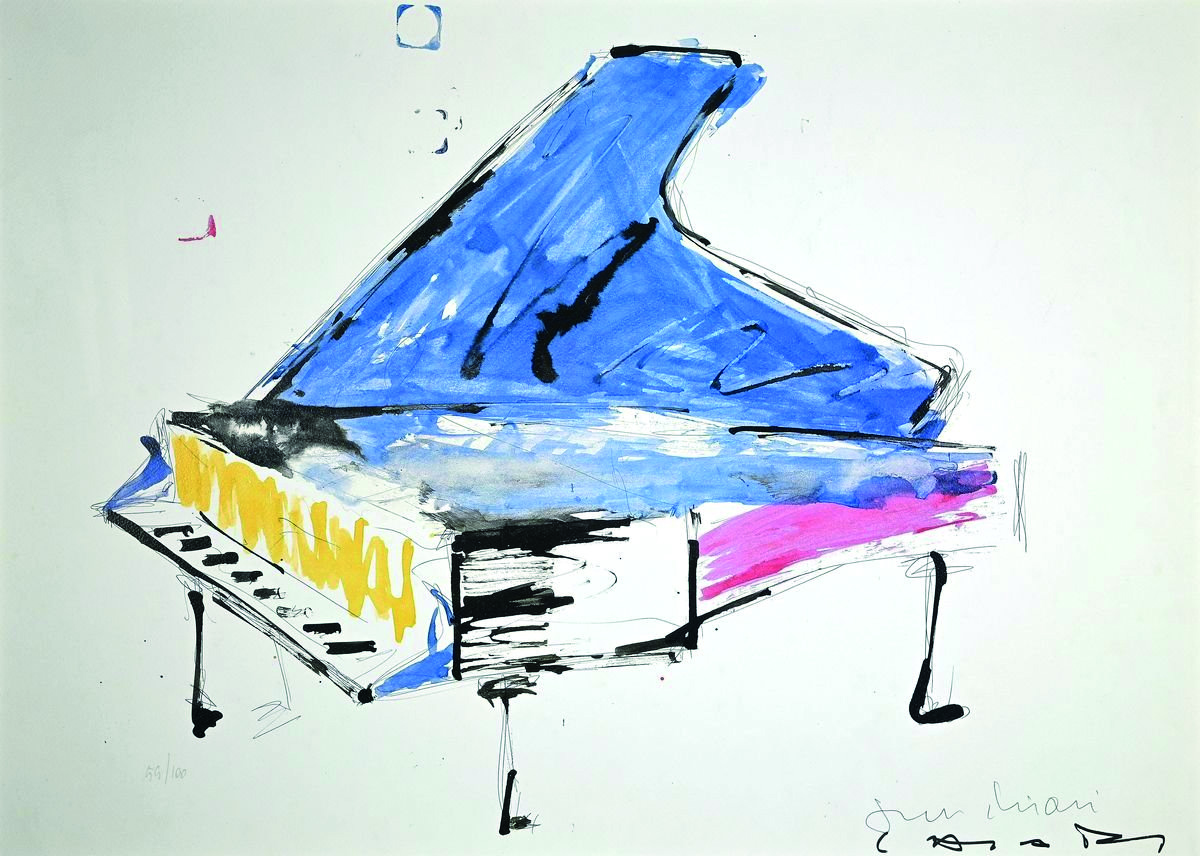
The aim of this day, organised by the Institute of Music, is an initial exploration of the relationship between painters and composers in a period rich in innovation in terms of construction techniques and the communicative channels of the arts, for which the terms seriality, informal, kinetic art
and Fluxus have been used. The interdisciplinary imprint of the topic is reflected in the composition of the panel of speakers. Marcello Aitiani will outline how visual artists and musicians come together. Daniela Tortora (Santa Cecilia Conservatory, Rome) will offer an overview of the cultural
periodicals of the 1960s and ’70s, in particular Marcatré. Patrizio Peterlini’s (Fondazione Bonotto) paper will move from graphic scores to exploring the impact of Fluxus aesthetics on musicians and figurative artists in Italy.
Pietro Misuraca (University of Palermo) will discuss the highlights of the Settimane Internazionali di Nuova Musica in Palermo, in particular the two painting exhibitions at the Galleria d’Arte Moderna (REVORT 1 and REVORT 2) and the magazine Collage. Paolo Somigli (University of Bolzano)
will reconstruct the stages that led to the birth of Gruppo 70, focusing on the role of Giuseppe Chiari, Sylvano Bussotti and Pietro Grossi in the intersection of artistic forms in Florence in the 1960s. Paolo Bolpagni (Fondazione Ragghianti) will investigate the iconic component in the scores of Aldo Clementi and Francesco Pennisi and will present the pictorial activity of Giovanni Pizzo and Lucia Di Luciano, former founders and exponents first of Group 63 and then of Operativo R, who collaborated with Pietro Grossi. The day will end with a concert by the mdi ensemble at the Auditorium “Lo Squero”.
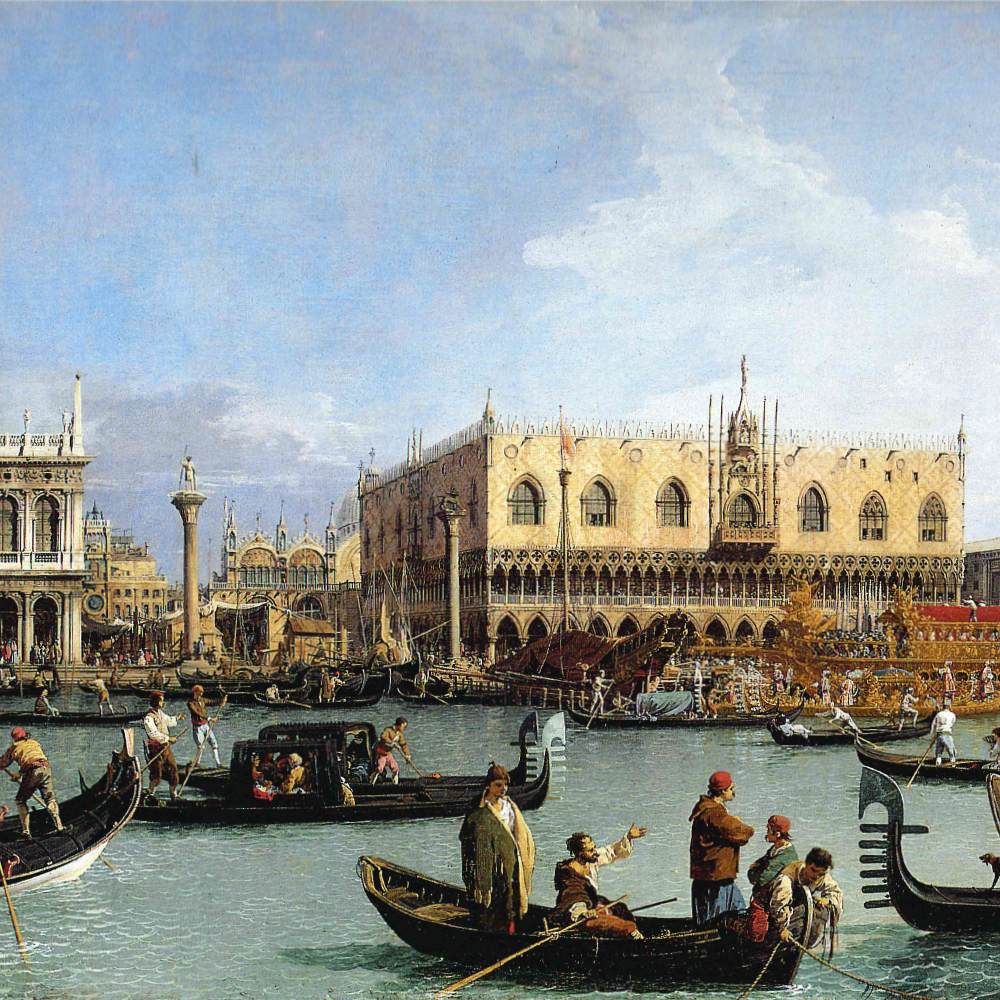
The Republic of Venice was a single state, stretching between Europe and the Mediterranean, from West to East, and for this reason it was among the first to develop a foreign policy understood in modern terms, through the work of ambassadors, confidants and spies, coupled with a full awareness
– at the highest governmental levels – of the dynamics at play in the various contexts where La Serenissima was situated. After decades in which political history has been neglected in favour of other research areas, often influenced by passing fads, with the second appointment of the cycle of seminars Civilisation of Venice and the Venetian State, promoted by the Institute for the History of the Venetian State and Society, we wish to resume the discourse on the foreign policy of La Serenissima in the sixteenth to eighteenth centuries, attempting to consider the strategic choices of the Republic from a comparative perspective. In contrast to the neutrality pursued in Italy, understood in the most dated historiography as a retreat, Venice’s Mediterranean policy and the fact that the domination of
an entire sector, such as the Adriatic and Ionian seas, gave authority and prestige to the Republic on a European level, has not been fully evaluated.
The same also goes for the repeated wars and various periods of peace with the Ottoman Empire, each with its own connotations on the diplomatic and strategic level. A vital element, that of La Serenissima, confirmed by its wholehearted participation in the joint attack against the Ottomans
in the late-seventeenth century, to define the new order between powers in the Balkans and thus in the eastern Mediterranean. The stability achieved towards the Ottoman adversary/partner, from 1718 onwards, was the ideal balance, the ideal outcome of a long history of conflict and coexistence.
But the greatest and most fatal challenge for the Republic, as we know, did not come from the Mediterranean but from Europe towards the end of the eighteenth century.
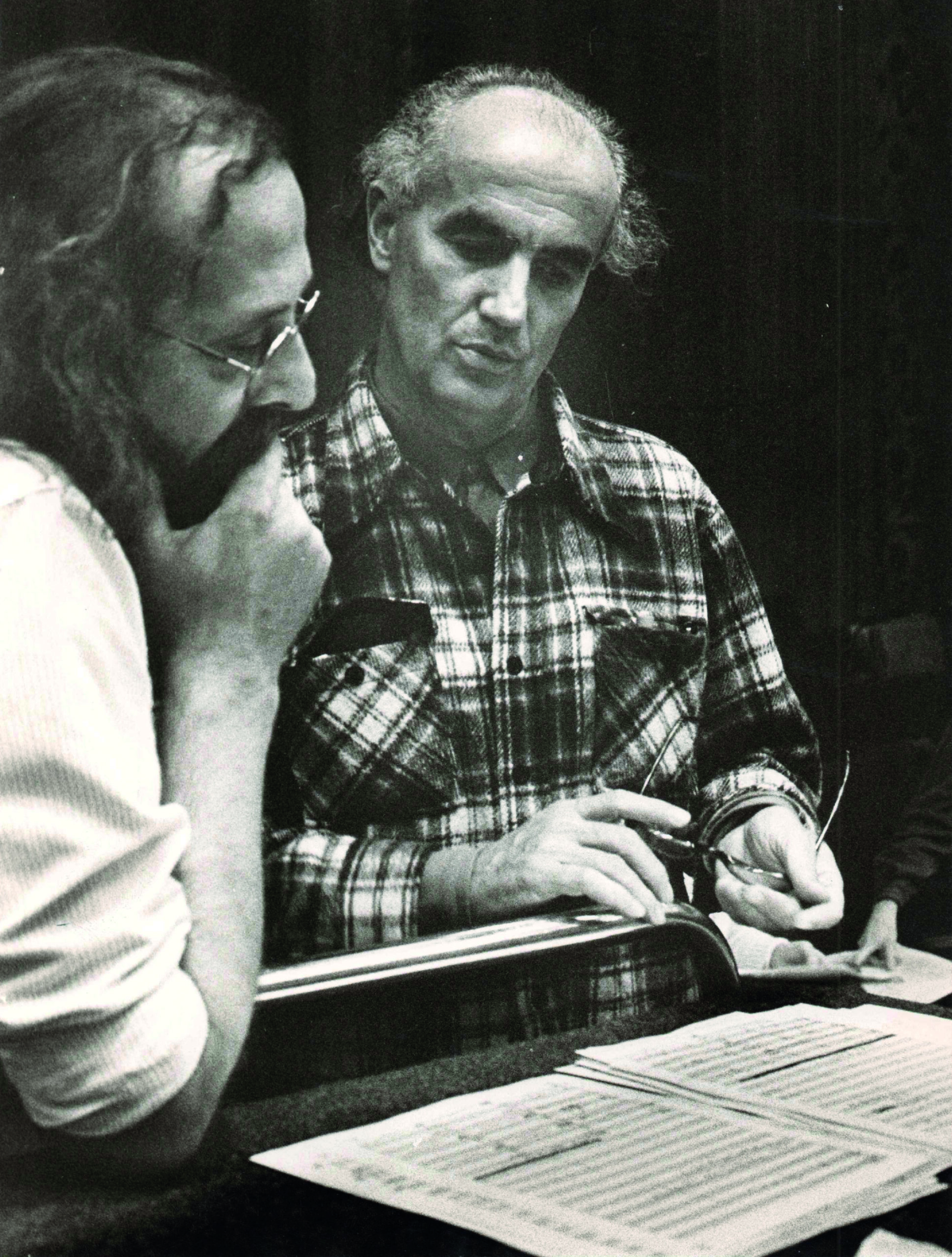
In the meeting organised by the Institute of Music, in conversation with Gianmario Borio, Giancarlo Schiaffini will retrace his career as a performer, improviser and composer. Since the mid-1960s, Schiaffini has been one of the protagonists of free improvised music: he took part in Mario Schiano’s
‘Gruppo Romano Free Jazz’; in 1970, he founded the Nuove Forme Sonore ensemble, which alternated interpretations of aleatory compositions and improvisation; later, he was part of the Gruppo di Improvvisazione Nuova Consonanza and collaborated with the leading protagonists of European improvised music, including the Globe Unity Orchestra and the Instant Composers Pool Orchestra. In the 1980s, Schiaffini played a key role in Luigi Nono’s compositions with live electronics, providing materials and performance techniques. The intertwining of the three (usually separate) roles of performer, improviser and composer makes Schiaffini a unique figure in the panorama of research and experimental music, and an indispensable reference for brass performance practices. At the end of the talk, Schiaffini will perform Sottile canto III by Edgar Alandia, Solo for tuba + Fontana Mix by John Cage, Luz by Domenico Guaccero and Post-Prae-Ludium per Donau by Luigi Nono.
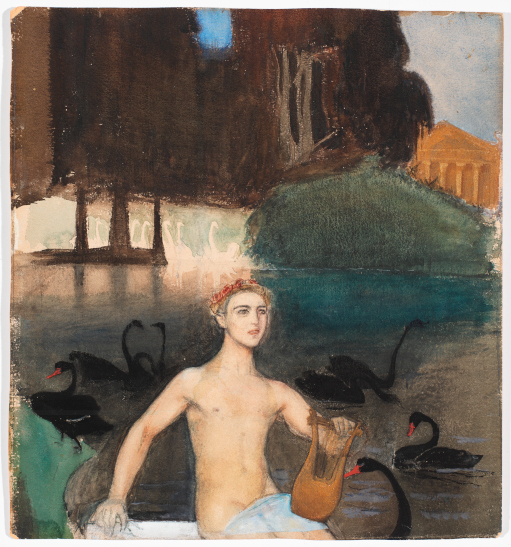
This conference is organised by Centre for Comparative Studies of Civilisations and Spiritualities in collaboration with Dr. Giuliano D’Amico, Associate Professor at the University of Oslo and director of the research network Esotericism and Aesthetics in the Nordic Countries, and Dr. Marco Pasi, Associate Professor at the University of Amsterdam and director of the Centre for the History of Hermetic Philosophy and Related Currents.
The osmosis between esoteric/occult and artistic discourse, which scholars have termed “occulture”, has mainly been studied from a national perspective and drawing upon case studies from the last 60 years. Such lack of comparative knowledge and studies is somewhat surprising if one takes into account the impact of esoteric and occult materials from a wider “South” (including not only Southern Europe, but also Northern Africa and the Mediterranean Basin) that has made its way in Northern Europe since at least the end of the 19th century, focusing, but not limited to, Sufism, Egyptosophy and Freemasonry, or, conversely, about the continuous forms of inspiration that Nordic alternative spirituality has had on artistic production in Southern Europe (e.g. with the proliferation of Nordic paganism in occultural discourse). The proposed conference aims at filling this scholarly gap, opening up avenues of research and discussing new ways of approaching and conceptualizing occultural phenomena with a North-South perspective as a starting point. We understand “North” and “South” as including, respectively, the Nordic, Baltic, German and English-speaking countries in Europe, and Southern European, Mediterranean, and African countries/areas. The event will be enriched by a concert of the mdi ensemble that will play music by Jean Sibelius, Kaja Saariaho, and Franco Oppo on the 2nd of November.
Download the programme of the conference here.
Admission is free upon registration.
Oops! We could not locate your form.
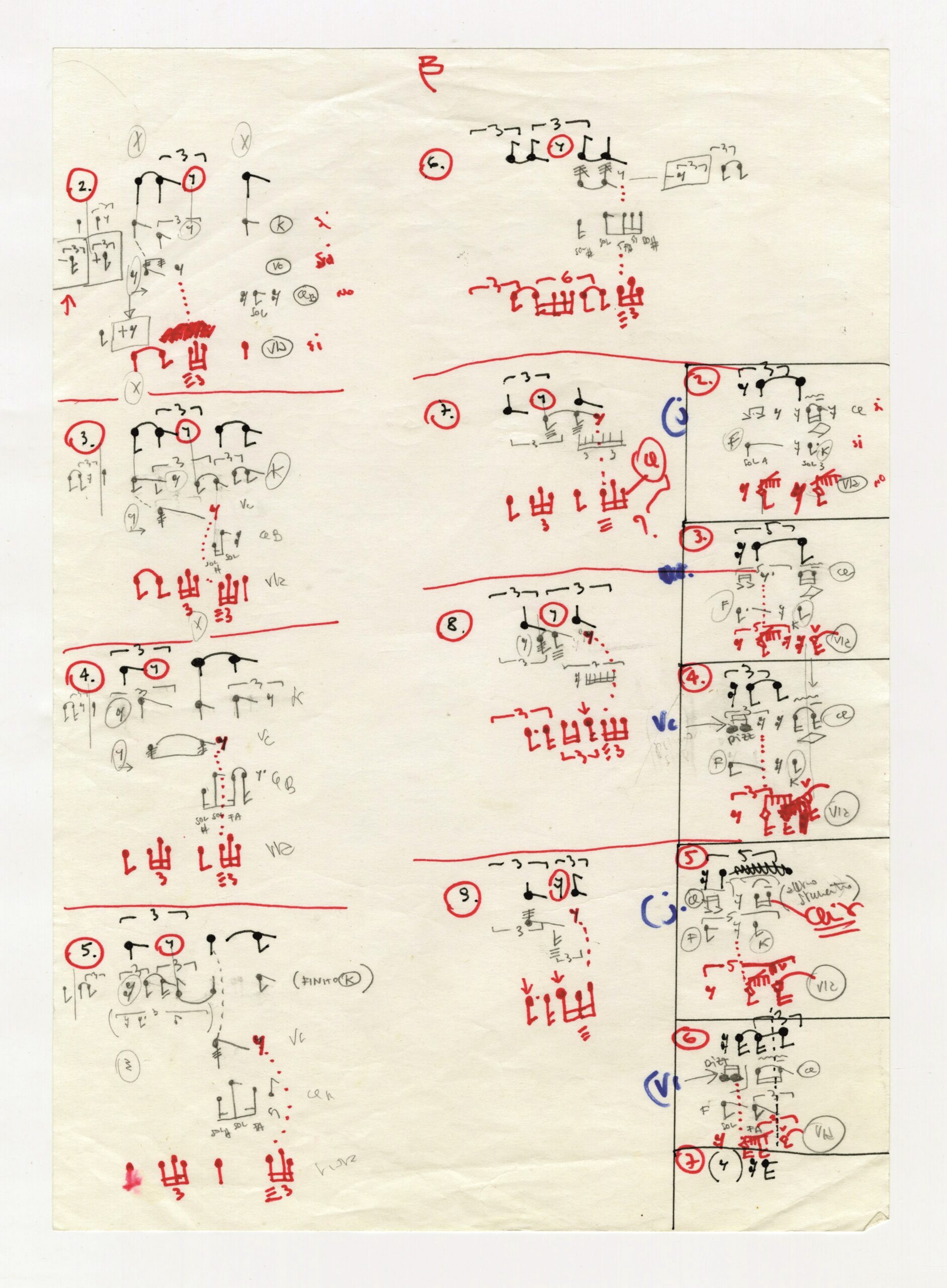
On the occasion of the sixtieth anniversary of the birth of Fausto Romitelli, who died prematurely in 2004, the Biennale Musica and the Institute of Music are dedicating a study day to the composer’s poetics, which will end with the complete performance of Professor Bad Trip. Issues concerning the
conception of the triptych and the sources of the compositional process, instrumental synthesis and spectral morphology, para-texts and the evocation of a ‘mental cinematography’ and the issues of performance will be addressed.
Participants: Alessandro Arbo, Oliver Korte, Luigi Manfrin, Nicholas Moroz and Jean-Luc Plouvier.
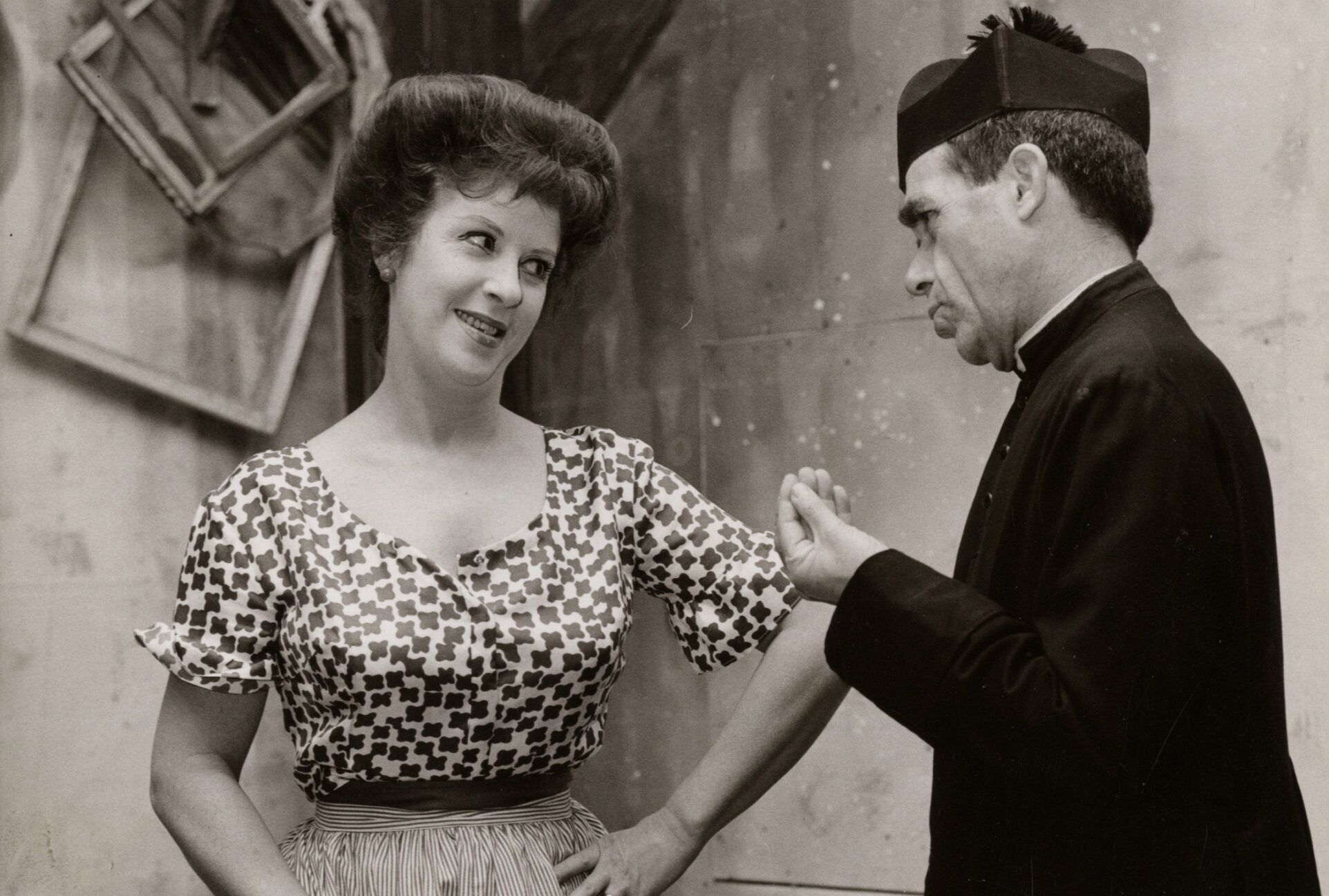
On the occasion of the 100th anniversary of the birth of actress Wanda Benedetti (Treviso, 31 October 1923 – Treviso, 12 July 2017) and of the tenth anniversary of the death of actor Toni Barpi (Feltre, 13 July 1920 – Treviso, 31 October 2013), the Institute for Theatre and Opera intends to promote a study day dedicated to the Veneto theatre scene in the second half of the twentieth century. The two actors, companions both in life and on stage, worked with some of the most important directors of the
time, including Cesco Baseggio, Carlo Lodovici, Renato Simoni, Maurizio Scaparro and Luigi Squarzina. The meeting will provide an opportunity to recall not only the work of these two performers, but more generally to reconstruct a cross-section of theatre in the Veneto area in the decades following WWII.
Wanda Benedetti and Toni Barpi, whose personal archives are conserved by the Institute, worked with other artists whose memory is preserved by the Fondazione Giorgio Cini, including stage designer Mischa Scandella, directors Arnaldo Momo, Giovanni Poli and the aforementioned Luigi Squarzina and Maurizio Scaparro.